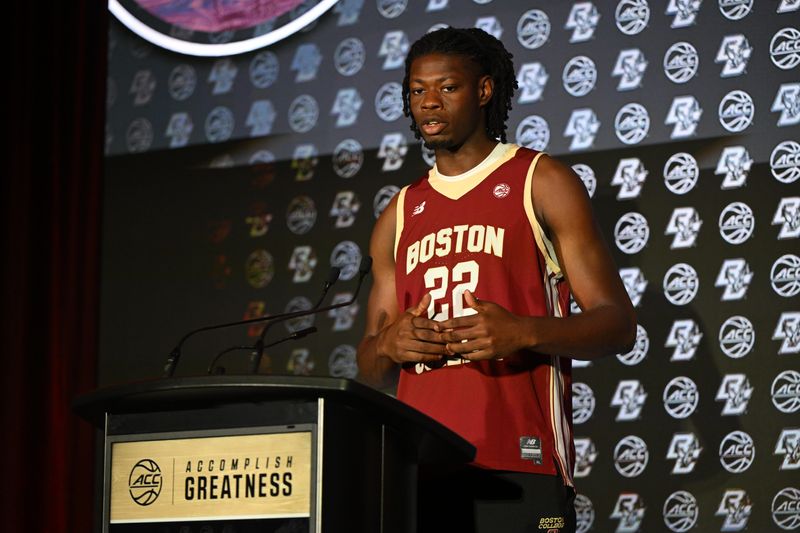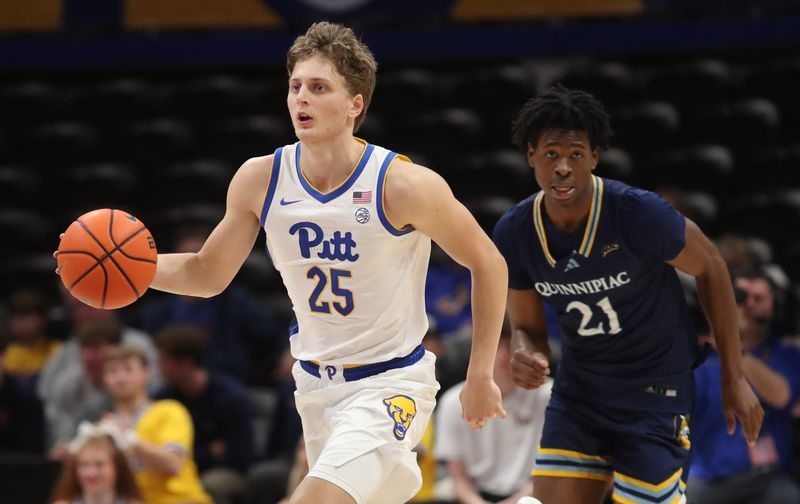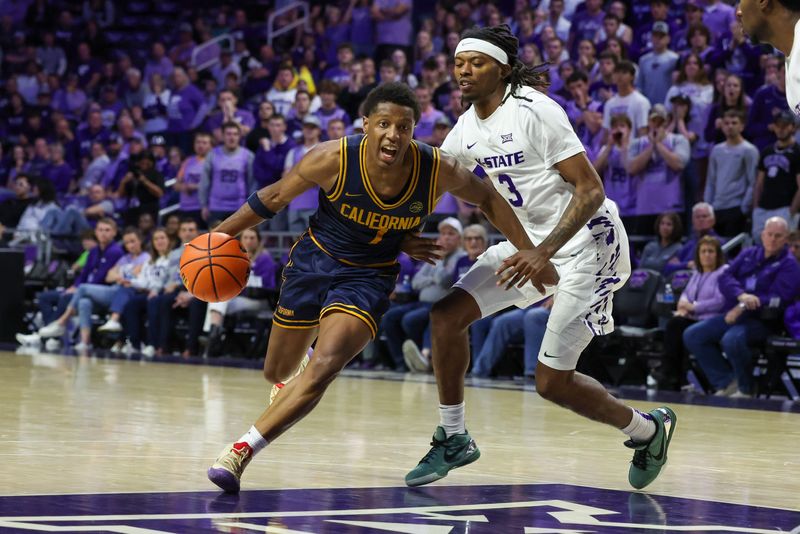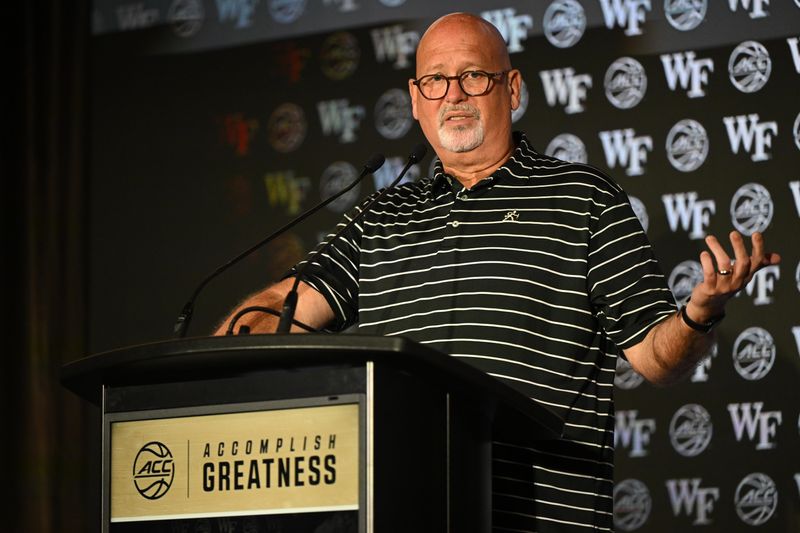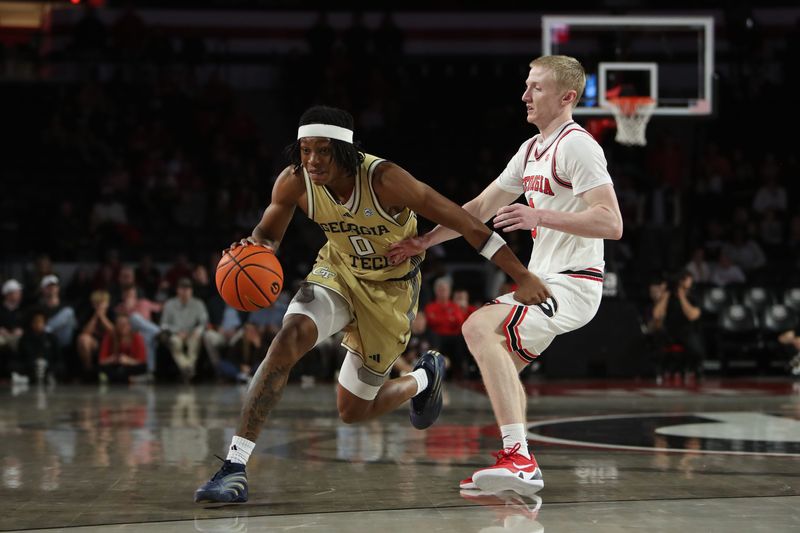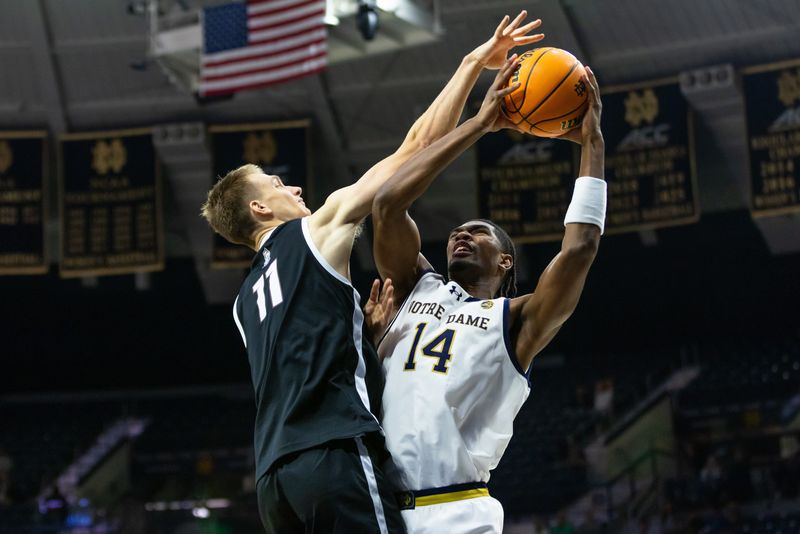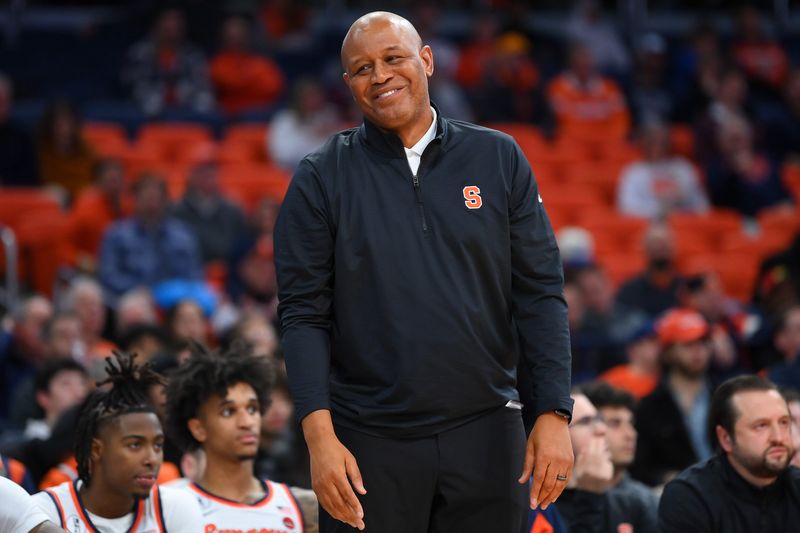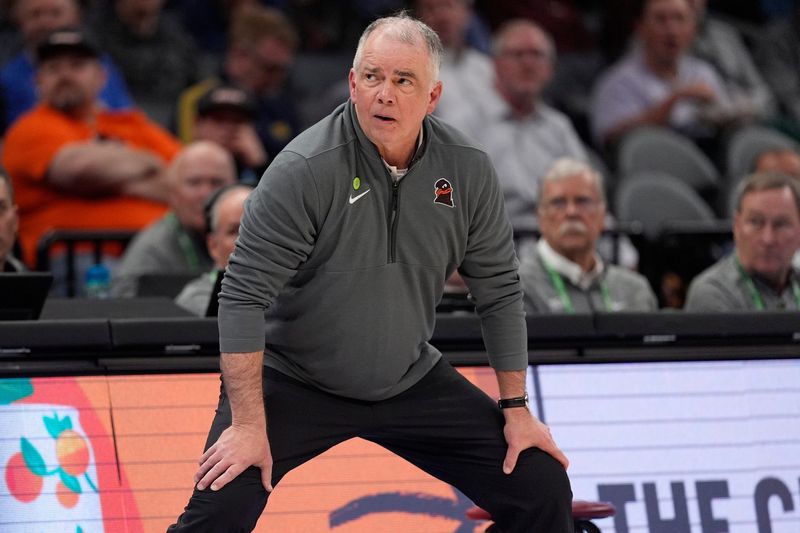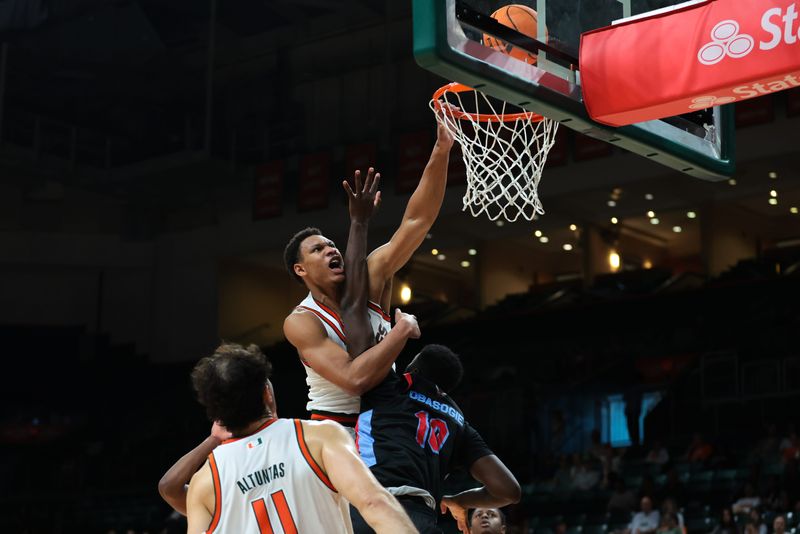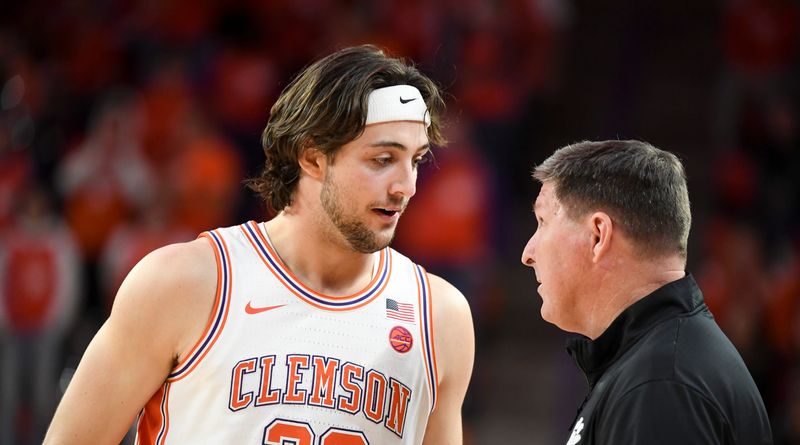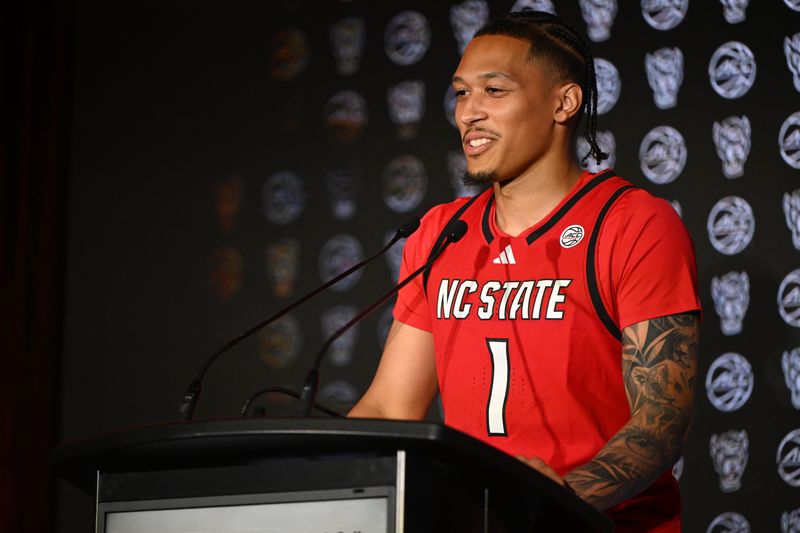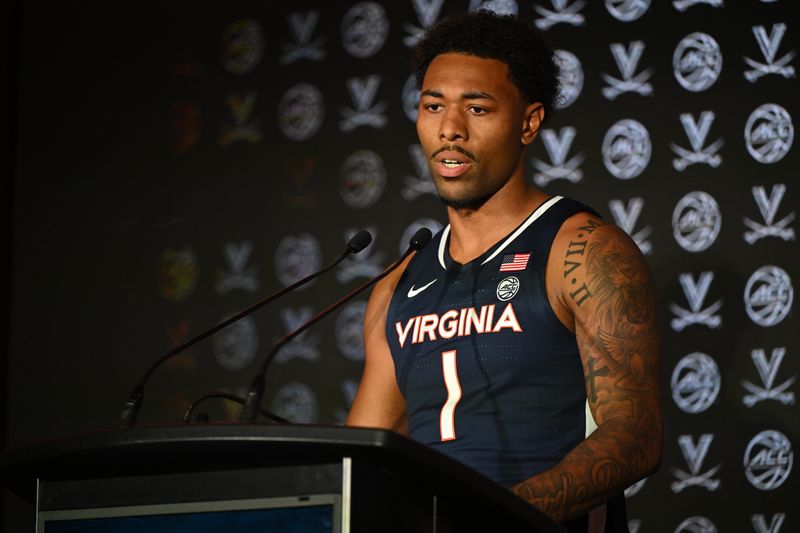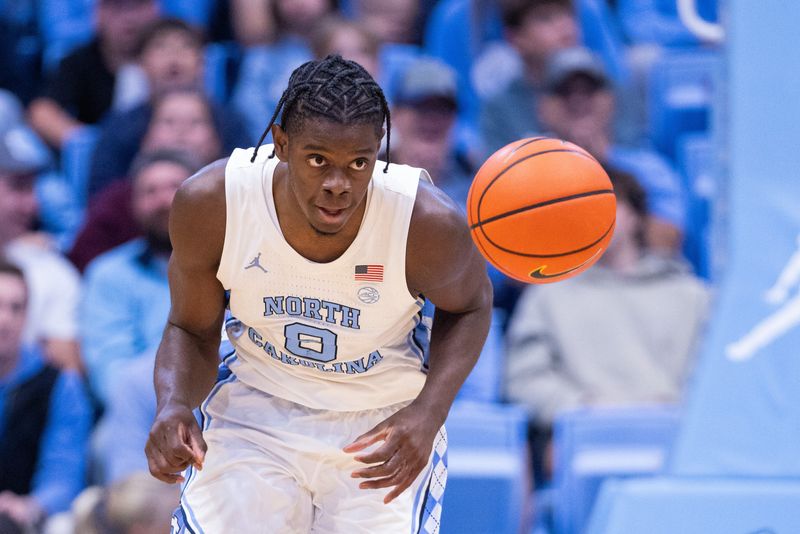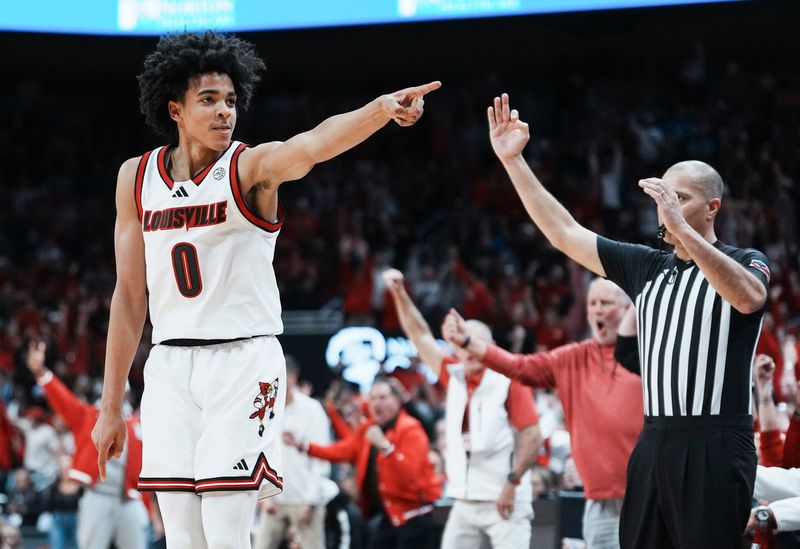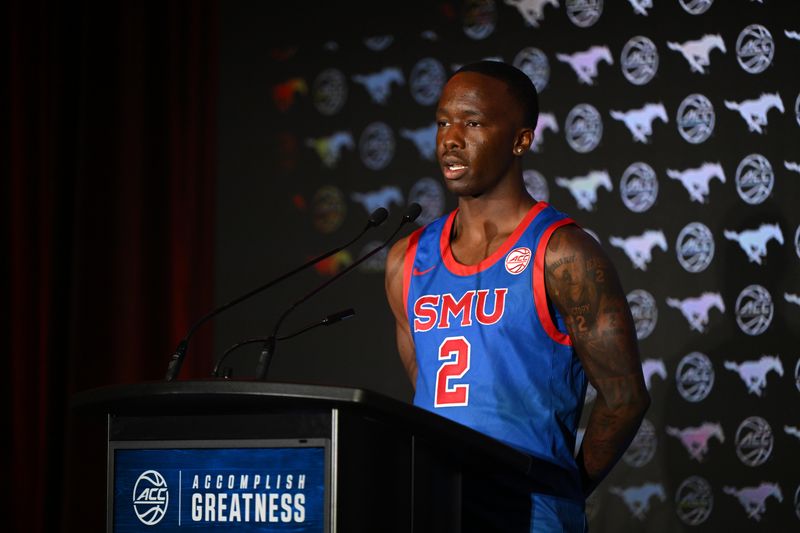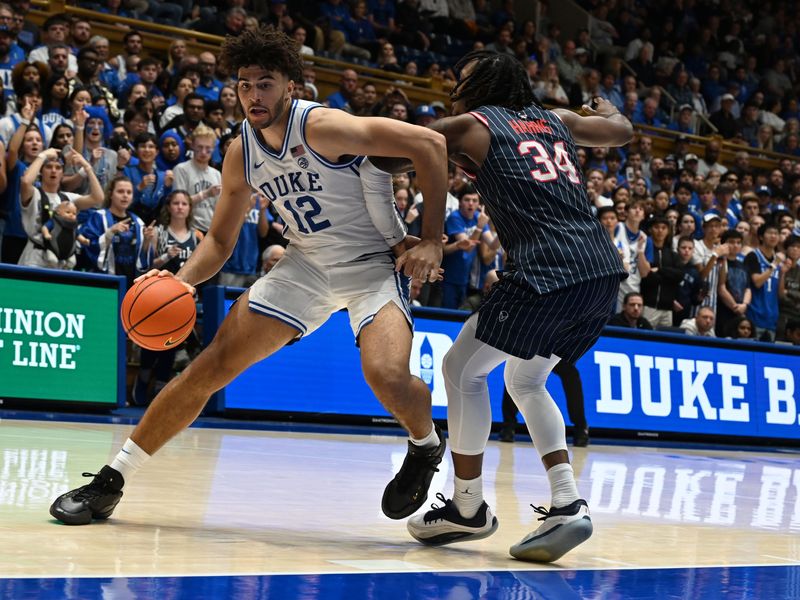As the third week of the 2025–26 ACC men’s basketball season winds down, the power dynamic in the conference is beginning to take shape. Undefeated starts by traditional powerhouses and surprise surges from dark‑horse squads are forcing a reexamination of preseason expectations.
While non‑conference records remain the primary benchmark, early metrics, coaching continuity, and breakout individual performances are already distinguishing contenders from pretenders. Below, we rank all 18 ACC teams and explain where they stand right now — highlighting early production, roster momentum, and the key reasons each squad is rising or falling in the pecking order.

18. Boston College Eagles (3-4)
Boston College’s 3–4 start highlights some growing pains in a difficult league. They lack the star power and depth of many ACC rivals, making this season another uphill climb. While not favored to compete for the top of the ACC, they have room to grow and could benefit from surprising wins in non-conference play.
17. Pittsburgh Panthers (4-3)
Pittsburgh is 4–3 through their first stretch, a sign that they may still be finding its footing in a competitive ACC. Depth remains a question, particularly in scoring and frontcourt physicality. If they can limit turnovers and maximize their talent, they may outperform modest expectations.
16. California Golden Bears (5-1)
Cal is 5–1 so far, including a tight loss to a solid Kansas State team that came down to the final shot. Their ability to compete against quality non‑conference opponents boosts confidence in their competitiveness. Dai Dai Ames, in particular, has emerged as a go-to scorer, giving the Bears a stable offensive identity early on.
15. Wake Forest Demon Deacons (4-2)
Wake Forest is 4–2 through their first six games, led by standout scorer Juke Harris, who is averaging 20.5 points per game. Backing him up, Tre’Von Spillers offers size and rebounding, strengthening their front court. This guard‑forward duo gives head coach Steve Forbes a proven one-two punch, but consistency will be key for postseason aspirations.
14. Georgia Tech Yellow Jackets (5-1)
Georgia Tech is 5–1 early, but a lack of consistent impact plays and star-level production pushes them down in this ranking. Their veteran guard play and improving wing depth could anchor them as a gritty, step‑up team. Without high-profile transfers, though, their ceiling may be limited unless unexpected contributors emerge.
13. Notre Dame Fighting Irish (4-1)
Notre Dame’s early 4–1 record shows potential, especially with Markus Burton’s leadership. While they weren’t projected among the top-tier favorites, solid early results could propel them into the bubble conversation.
12. Syracuse Orange (4-0)
Syracuse is 4–0 right now, but their early schedule raises questions about how battle-tested it is. They’ll lean on experienced wings and role players to set the tone. Given their history of adjusting to adversity, the Orange could surprise teams despite a projected lower-tier standing.
11. Stanford Cardinals (4-0)
Stanford’s roster is built around stability and experience, with many returners blending with key newcomers. While they don’t have a star-studded transfer class, their cohesion and veteran leadership give them a steady foundation. If they play smart and execute, they can be a tough out in ACC matchups.
10. Florida State Seminoles (4-1)
FSU sits at 4–1 to start the year—much better than many preseason projections. Their early-season mix shows promise: new roster chemistry, growing returner impact, and an improving defensive profile. While they may not yet have the star power of top ACC programs, their balance across positions makes them sneaky tough. If their pieces come together in league play, they could climb faster than expected.
9. Virginia Tech Hokies (5-0)
Virginia Tech is undefeated (5–0) early, buoyed by freshman Neoklis Avdalas, who averaged 20.5 points and 7.5 assists to earn the first ACC Player of the Week. If he continues to lead, the Hokies could emerge as a legitimate contender and could dramatically change Virginia Tech’s ceiling.
8. Miami Hurricanes (5-1)
Miami is 5‑1 overall early. Good start, but still behind the top group in terms of national ceiling and overall roster depth based on public analysis. Their new-look roster — featuring several transfers — gives them the potential to play up-tempo and defend aggressively.
7. Clemson Tigers (6-1)
Clemson’s early 5–1 mark reflects a team that is well‑coached and resilient. Despite massive roster turnover, head coach Brad Brownell’s experience and leadership make the Tigers a dangerous “reloaded” squad.
6. NC State Wolfpack (4-0)
Under first-year head coach Will Wade, NC State has picked up a 4–0 start and features preseason ACC Player of the Year Darrion Williams. Their early execution and high-level transfers suggest they could challenge for the top half of the league sooner than expected.
5. Virginia Cavaliers (5-1)
Virginia’s roster features guard Malik Thomas, who averaged nearly 20 ppg last season, a key infusion of scoring. The Cavaliers’ efficiency-driven style under Ryan Odom could make them a quietly strong sleeper in the ACC.
4. North Carolina Tar Heels (5-0)
UNC is off to a strong 5–0 record and is buoyed by freshman forward Caleb Wilson, who’s already making waves. Their blend of youth and experience underlies their place in the upper tier, though their non-conference strength of schedule will be tested soon.
3. Louisville Cardinals (5-0)
Louisville enters the season 5–0 and carries strong momentum following a breakout year under Pat Kelsey. With both Mikel Brown Jr. and Ryan Conwell named to the Preseason All-ACC First Team, they have the backcourt firepower and cohesion to challenge at the top.
2. SMU Mustangs (6-0)
SMU is turning heads with a 6–0 start, outperforming many preseason expectations. Their roster, anchored by experienced guard Boopie Miller, is proving balanced and efficient in early games. This hot start gives them real breakout potential in ACC play.
1. Duke Blue Devils (7-0)
Duke remains perched at No. 1 thanks to a perfect 7–0 nonconference start and elite freshman talent like Cameron Boozer. Voted the preseason favorite by the media, they combine high upside with continuity under coach Jon Scheyer. Their early efficiency and dominant play reinforce why they remain the benchmark in the ACC.
Follow us @FSUWire on X and like our page on Facebook to follow ongoing coverage of Florida State news, notes, and opinions.
This article originally appeared on FSU Wire: Week 3 ACC men’s basketball power rankings
Reporting by Brandon Foster, FSU Wire / FSU Wire
USA TODAY Network via Reuters Connect
